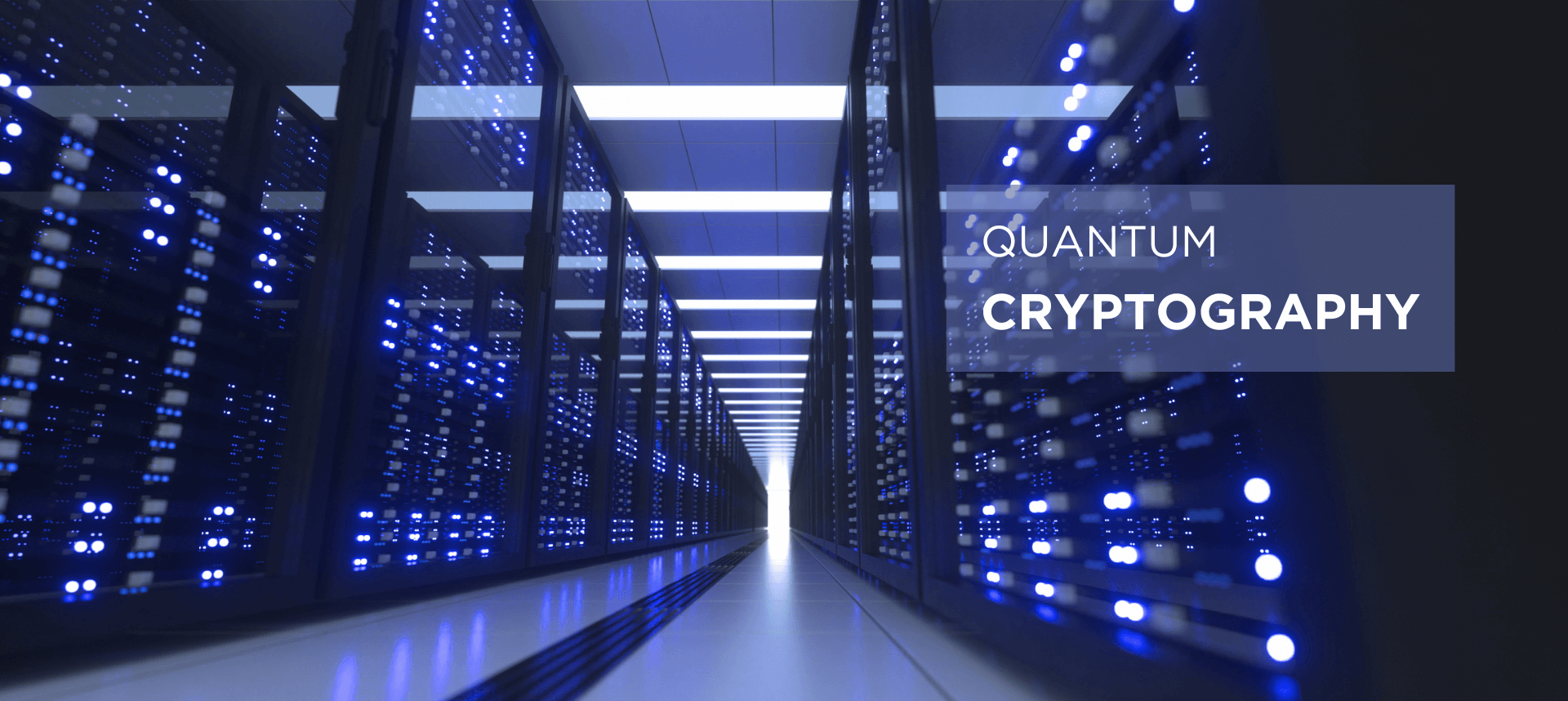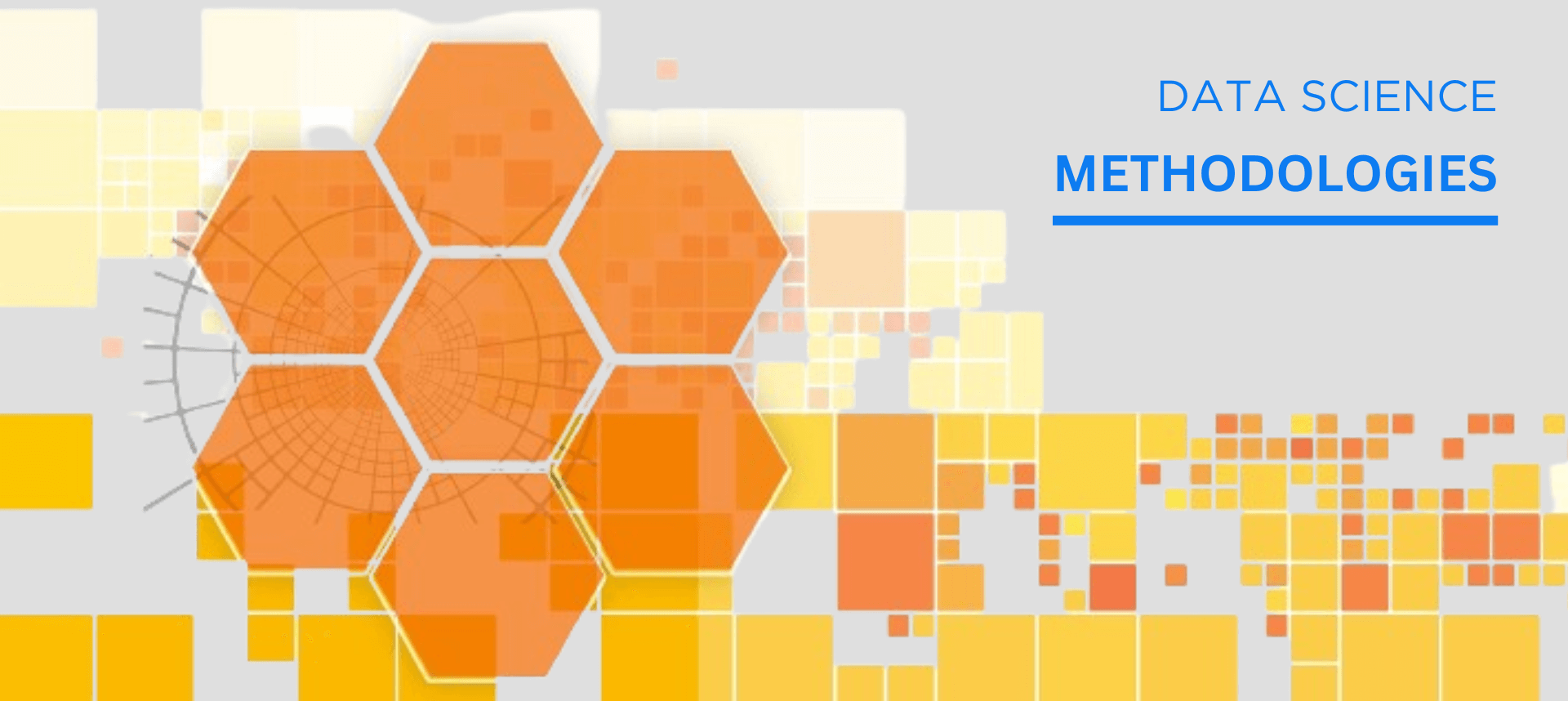- Introduction to Quantum Machine Learning
- The Quantum Advantage in Machine Learning
- Key Concepts
- Quantum Machine Learning Algorithms
- Quantum Neural Networks: Redefining Deep Learning
- Quantum Speedup: Solving Complex Problems Faster
- Challenges and Limitations in Quantum Machine Learning
- Quantum Machine Learning Use Cases
- The Role of Quantum Datasets in Machine Learning
- Quantum Machine Learning Frameworks and Tools
- Ethical Considerations in Quantum Machine Learning
- The Future Trends
- Quantum Machine Learning vs Classical Machine Learning
- Conclusion
Introduction to Quantum Machine Learning
In the ever-evolving landscape of artificial intelligence, a groundbreaking synergy is taking center stage—Quantum Machine Learning. This intersection of quantum computing and AI heralds a new era, promising advancements that transcend the limits of classical computing. Quantum Machine Learning, or QML, represents the fusion of two cutting-edge fields, leveraging the principles of quantum mechanics to revolutionize the way machines learn and process information.
In this exploration, we embark on a journey into the quantum realm, where qubits replace classical bits, and quantum gates redefine the rules of computation. Quantum Machine Learning holds the promise of exponential speedup in solving complex problems, unlocking capabilities previously deemed insurmountable. This introduction is a gateway to unraveling the mysteries of QML, delving into its key concepts, algorithms, and the profound impact it promises to have on reshaping the landscape of artificial intelligence in the next era of technological innovation. Join us as we delve into Quantum Machine Learning and the extraordinary possibilities it brings to the forefront of AI advancements.
The Quantum Advantage in Machine Learning
The Quantum Advantage in Machine Learning signifies a paradigm shift in computational capabilities, propelled by the principles of quantum mechanics. Unlike classical computers, quantum computers leverage qubits, which can exist in multiple states simultaneously, enabling parallel processing of information. This inherent parallelism grants quantum algorithms a profound advantage in certain machine learning tasks, offering exponential speedup over their classical counterparts.
Quantum Machine Learning algorithms harness quantum entanglement and superposition to explore vast solution spaces efficiently. Applications range from optimization problems, where quantum algorithms outpace classical methods, to machine learning models capable of processing and analyzing complex datasets with unprecedented speed. The Quantum Advantage in Machine Learning represents a transformative leap, promising solutions to problems that were once deemed computationally intractable, paving the way for a new era of accelerated AI advancements.
Key Concepts
Qubits (Quantum Bits)
Qubits are the fundamental units of quantum information, analogous to classical bits. However, unlike classical bits that exist in states of 0 or 1, qubits can exist in a superposition of both states simultaneously. This unique property allows quantum computers to process a multitude of possibilities in parallel, exponentially increasing computational capacity.
Quantum Gates
Quantum gates are the building blocks of quantum circuits, performing operations on qubits. These gates manipulate the quantum states of qubits, transforming them in ways that classical gates cannot. Notable quantum gates include the Hadamard gate, which creates superpositions, and the CNOT gate, facilitating entanglement.
Quantum Circuits
Quantum circuits are arrangements of quantum gates, defining the flow of quantum information processing. They represent the execution of quantum algorithms. Quantum circuits are designed to exploit quantum parallelism and entanglement, crucial for solving complex problems efficiently.
Understanding these key concepts is foundational for grasping the unique power that quantum computing brings to the realm of machine learning.
Quantum Machine Learning Algorithms
Quantum Machine Learning (QML) algorithms harness the unique capabilities of quantum computing to enhance classical machine learning processes. These algorithms leverage quantum parallelism and entanglement to perform complex computations more efficiently than their classical counterparts. Notable examples include quantum support vector machines, quantum neural networks, and variational algorithms. These algorithms address a spectrum of machine learning tasks, from classification to optimization, offering the potential for exponential speedup. Quantum Machine Learning algorithms signify a transformative shift, unlocking new avenues for solving intricate problems and pushing the boundaries of what is achievable in the realm of artificial intelligence.
Quantum Neural Networks: Redefining Deep Learning
Quantum Neural Networks (QNNs) stand at the forefront of quantum machine learning, revolutionizing traditional deep learning paradigms. Unlike classical neural networks, QNNs leverage the principles of quantum mechanics to process information. Qubits replace classical bits, allowing for the creation of quantum neurons and layers that exploit the quantum states of superposition and entanglement. Quantum entanglement, in particular, enables qubits to correlate their states, facilitating more intricate computations.
QNNs hold the promise of solving complex problems in quantum computing faster than classical counterparts. They pave the way for quantum-enhanced deep learning models with the potential to outperform classical neural networks, especially in tasks where quantum parallelism and entanglement provide a computational advantage. Quantum Neural Networks exemplify the transformative potential of quantum computing in reshaping the landscape of deep learning and artificial intelligence.
Quantum Speedup: Solving Complex Problems Faster
Quantum speedup refers to the unprecedented acceleration of computational tasks enabled by quantum computers. Leveraging the principles of superposition and entanglement, quantum algorithms outperform classical counterparts in solving complex problems. Quantum computers excel in scenarios such as optimization, cryptography, and machine learning, where their ability to process multiple possibilities simultaneously provides exponential speedup. Quantum speedup marks a revolutionary leap, potentially transforming industries by efficiently tackling computational challenges that were previously impractical for classical computers. This phenomenon propels quantum computing into a realm of unparalleled computational power, reshaping our approach to solving some of the most intricate problems in science, technology, and artificial intelligence.
Challenges and Limitations in Quantum Machine Learning
While Quantum Machine Learning (QML) holds immense promise, it faces several challenges. Quantum computers are susceptible to errors, requiring sophisticated error-correction mechanisms. Quantum coherence, a fragile state necessary for computations, is challenging to maintain. Scalability remains a hurdle as quantum systems grow in complexity. Additionally, accessing quantum computers for practical implementations is currently limited. Overcoming these challenges is crucial for realizing the full potential of QML. Addressing quantum noise, enhancing error correction, and achieving scalable quantum systems are focal points for researchers navigating the path to making Quantum Machine Learning a robust and widely applicable technology.
Quantum Machine Learning Use Cases
Quantum Machine Learning (QML) presents a transformative approach to solving complex problems across various domains. In drug discovery, QML accelerates molecular simulations. Financial modeling benefits from quantum algorithms for optimization. QML enhances pattern recognition in data analysis and cybersecurity. The potential applications extend to logistics, traffic optimization, and climate modeling. Quantum machine learning is poised to revolutionize industries by addressing challenges that exceed classical computing capabilities, marking a paradigm shift in how we approach problem-solving and decision-making in fields where computational complexity has been a limiting factor.
The Role of Quantum Datasets in Machine Learning
Quantum datasets play a pivotal role in advancing machine learning within quantum computing frameworks. Unlike classical datasets, quantum datasets incorporate quantum information encoded in qubits. This unique feature enables quantum algorithms to process and analyze information in ways that classical datasets cannot replicate. Quantum machine learning models leverage the principles of superposition and entanglement within quantum datasets, offering a distinct advantage in solving complex problems. As quantum computing evolves, the integration of quantum datasets becomes integral to unlocking the full potential of quantum-enhanced machine learning, propelling the field into new frontiers of computational capability.
Quantum Machine Learning Frameworks and Tools
Quantum Machine Learning (QML) frameworks and tools form the infrastructure that empowers researchers and developers to harness the capabilities of quantum computing in machine learning applications. Prominent among these tools is Qiskit, an open-source quantum computing software development framework by IBM. Qiskit provides a comprehensive suite of tools for quantum algorithm development, experimentation, and execution on quantum hardware.
Another notable framework is Cirq, developed by Google, offering a platform for designing, simulating, and running quantum circuits on Google’s quantum processors. Rigetti Computing provides Forest, an integrated quantum development environment with tools like Quil and pyQuil for programming quantum processors.
These frameworks abstract the complexities of quantum hardware, providing a higher-level interface for building quantum algorithms. As quantum computing continues to advance, the ecosystem of quantum machine learning frameworks expands, with each framework contributing to the democratization of quantum computing. These tools serve as a bridge between classical and quantum computing realms, enabling researchers and developers to explore and experiment with quantum machine learning algorithms, laying the foundation for the future integration of quantum-enhanced solutions into mainstream machine learning practices.
Ethical Considerations in Quantum Machine Learning
As Quantum Machine Learning (QML) progresses, ethical considerations come to the forefront. Issues of bias and fairness in algorithms, data privacy concerns, and the potential societal impacts of quantum advancements must be addressed. Ensuring transparency and accountability in the development and deployment of quantum algorithms is crucial. The intersection of quantum computing and machine learning demands a proactive approach to mitigate ethical challenges, emphasizing responsible innovation. Ethical considerations in QML underscore the importance of aligning quantum technological advancements with ethical principles to foster a trustworthy and socially responsible integration of quantum capabilities into the broader landscape of artificial intelligence.
The Future Trends
Anticipated future trends in Quantum Machine Learning (QML) include advancements in error correction to enhance the reliability of quantum computations. Quantum neural networks and variational algorithms are expected to mature, expanding their applications. Quantum computing-as-a-service may become more accessible. Research into hybrid quantum-classical models will likely intensify. As quantum hardware evolves, scalability issues may diminish, unlocking the potential for solving larger and more complex problems. Collaborations between quantum and machine learning communities are set to increase, propelling QML into practical use. The future holds the promise of a symbiotic relationship between quantum computing and machine learning, fostering innovation and reshaping computational paradigms.
Quantum Machine Learning vs Classical Machine Learning
Quantum Machine Learning (QML) and Classical Machine Learning (CML) represent two distinct paradigms, each with unique strengths and limitations. QML harnesses the principles of quantum mechanics, offering exponential speedup in specific computations through superposition and entanglement. In contrast, CML relies on classical bits and processes data sequentially.
While QML exhibits remarkable potential for solving certain problems faster, it faces challenges such as quantum noise and error correction. CML, well-established and widely used, excels in many practical applications. QML’s advantage becomes evident in tasks like factorization and optimization, where quantum parallelism surpasses classical algorithms.
Another key distinction lies in data representation. Classical models operate on classical bits, while quantum models process quantum information encoded in qubits. QML shines in scenarios demanding complex data representation transformations.
Despite QML’s promise, it currently operates in a nascent stage, limited by the availability and stability of quantum hardware. CML, on the other hand, boasts a mature ecosystem with diverse algorithms and widespread industry adoption.
The decision between QML and CML depends on the nature of the problem. QML’s potential for groundbreaking speedup makes it attractive for specific applications, but for many practical tasks, the robustness and maturity of CML continue to make it the preferred choice. The future may witness a collaborative hybrid approach, leveraging the strengths of both paradigms to enhance machine learning capabilities.
Conclusion
In conclusion, Quantum Machine Learning (QML) emerges as the vanguard in shaping the next era of artificial intelligence. As we navigate this quantum landscape, we witness the fusion of quantum computing’s extraordinary capabilities with the nuanced intricacies of machine learning. The promises of exponential speedup, novel algorithms, and transformative applications beckon us into uncharted territories of computational prowess.
However, QML is not without its challenges — quantum noise, error correction complexities, and the nascent stage of quantum hardware. Yet, these hurdles mark the forefront of research, inviting collaboration and innovation to overcome them.
As we stand at the precipice of a quantum-driven future, the synergy between quantum mechanics and machine learning holds the potential to revolutionize industries, solve hitherto intractable problems, and redefine the boundaries of artificial intelligence. The journey into this quantum frontier is ongoing, with each stride forging a path towards a future where Quantum Machine Learning stands as a cornerstone in the evolution of intelligent technologies.





